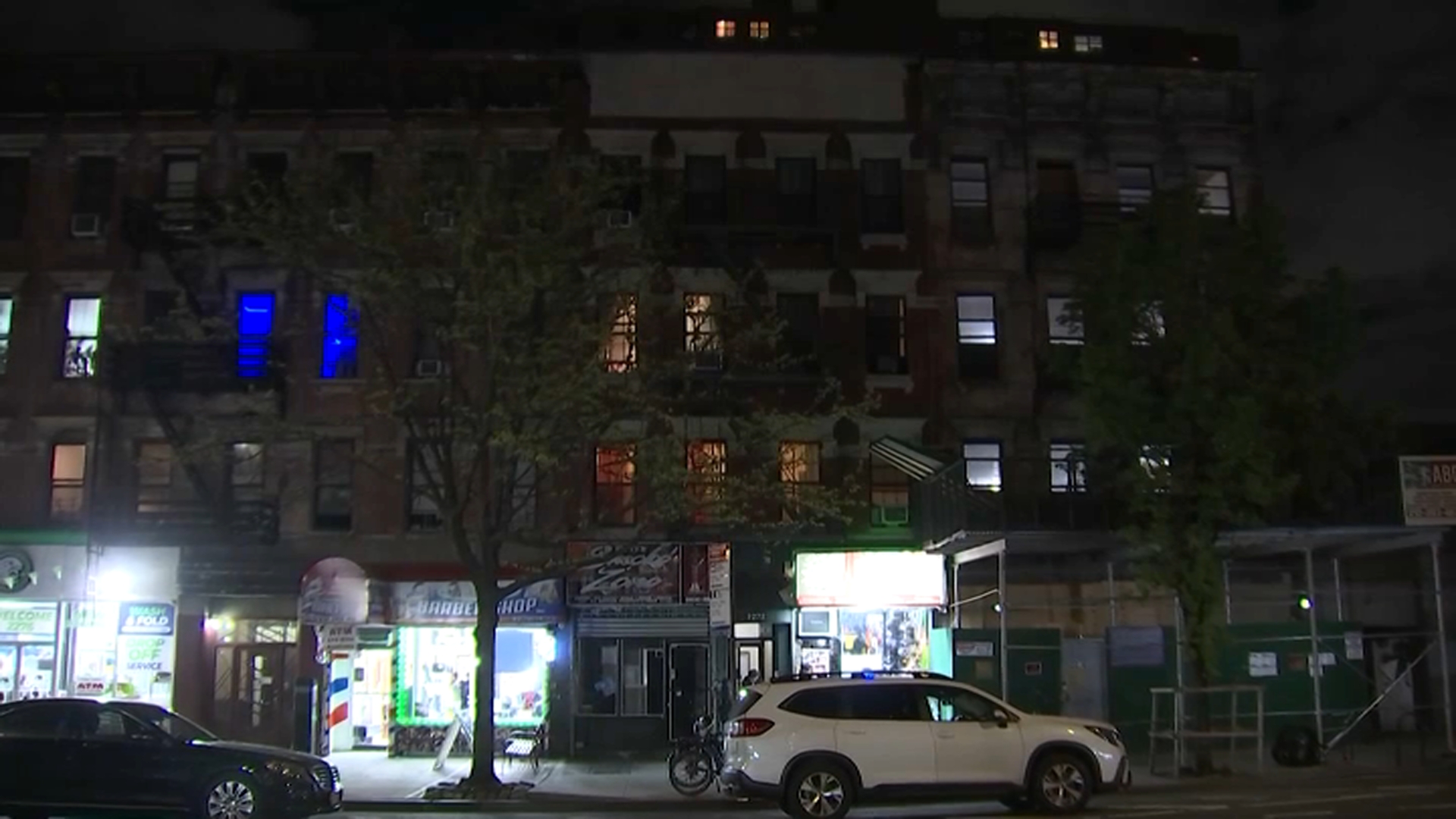What to Know
- Health professionals warn that filter attributes aren’t realistic to achieve even with surgery
- Patients are at times referred to psychologists, psychiatrists if suspected any body image disorders to be motivation for plastic surgery
- Obsessive focus on looks can sometimes signal an eating disorder or Body Dysmorphic Disorder, now dubbed ‘Selfie’ or ‘Snapchat’ dysmorphia
The first time Marla Frezza received plastic surgery was after a breakup.
“It was one of the first times that my ego was broken,” 30-year-old Frezza said. “I wanted to boost my self-esteem.”
Since her first non-surgical rhinoplasty, Frezza has seen plastic surgeons for other enhancements including breast implants, lip fillers, a brow lift and other injectables.
Frezza got the ideas for the changes from an app.
“When I started using Snapchat, that was the moment that I was like this needs to match” she says.
“The beauty filters, the ones that slim your jaw lines, slim your nose, make your eyes look bigger, that’s when I was like, ‘I could look a hell of a lot better.’”
Local
Dr. Lee Klausner, an Upper East Side plastic surgeon, warns that filter attributes aren’t realistic to achieve even with surgery.
“On a computer you can draw anything you want and those aren’t human tissues -- those are just pictures, images," she says.
Klausner adds that she always makes sure to get a patient’s medical history and has referred patients to a psychologist or psychiatrist if she suspects any body image disorders to be the motivation for the surgery.
Those disorders are Dr. Tom Hildebrandt’s area of study. As the Chief of the Division of Eating & Weight Disorders at The Mount Sinai Hospital, Hildebrandt, a psychologist, says “it’s become more and more of a focus particularly in the younger generation.”
This obsessive focus can sometimes signal an eating disorder or Body Dysmorphic Disorder, now dubbed ‘Selfie’ or ‘Snapchat’ dysmorphia.
Hildebrandt says he’s seeing an increasing number of young patients with these issues and has also seen the devastating effects they can lead to.
“I’ve seen people lose significant relationships, connections with family, professional opportunities in some cases. It even becomes life threatening in the sense that you want to take your own life. It can lead to suicidal thinking and even suicidal attempts,” he said.
Frezza has considered that she may “have a bit of dysmorphia” but says she’s careful.
“I think what keeps me safe is that I don’t make drastic decisions. I never have. I’m a well-planned out person so I feel like that’s what keeps me grounded and keeps me from doing anything crazy” she says, adding that “it gets kind of addicting, but at some point, you have to realize that you look nothing like yourself and you have to scale back a bit.”
In August, Instagram released plastic surgery filters, but removed them in October just three months later saying: “We’re re-evaluating our policies – we want AR [Augmented Reality] effects to be a positive experience for people. While we’re re-evaluating, we will: 1) remove all effects associated with plastic surgery from the Instagram Effect Gallery; 2) stop further approval of new effects like this; 3) and remove current effects if they’re reported to us.”
Hildebrandt thinks it’s a step in the right direction and wants all social media users to consider that “an image is a snapshot. It’s a single moment in time and that sets you up to exist in just one moment…and so you have to spend a lot of energy into trying to create the perfect moment and that’s a tough thing to do.”
Frezza agrees.
“Facetune is a very dangerous tool. You find yourself making all of these changes that don’t really bother you but the fact that it is so easy to optimize them is a little bit dangerous,” she says.
NBC 4 New York reached out to Snapchat and Facetune for comment on this story. They did not respond to multiple email requests.



